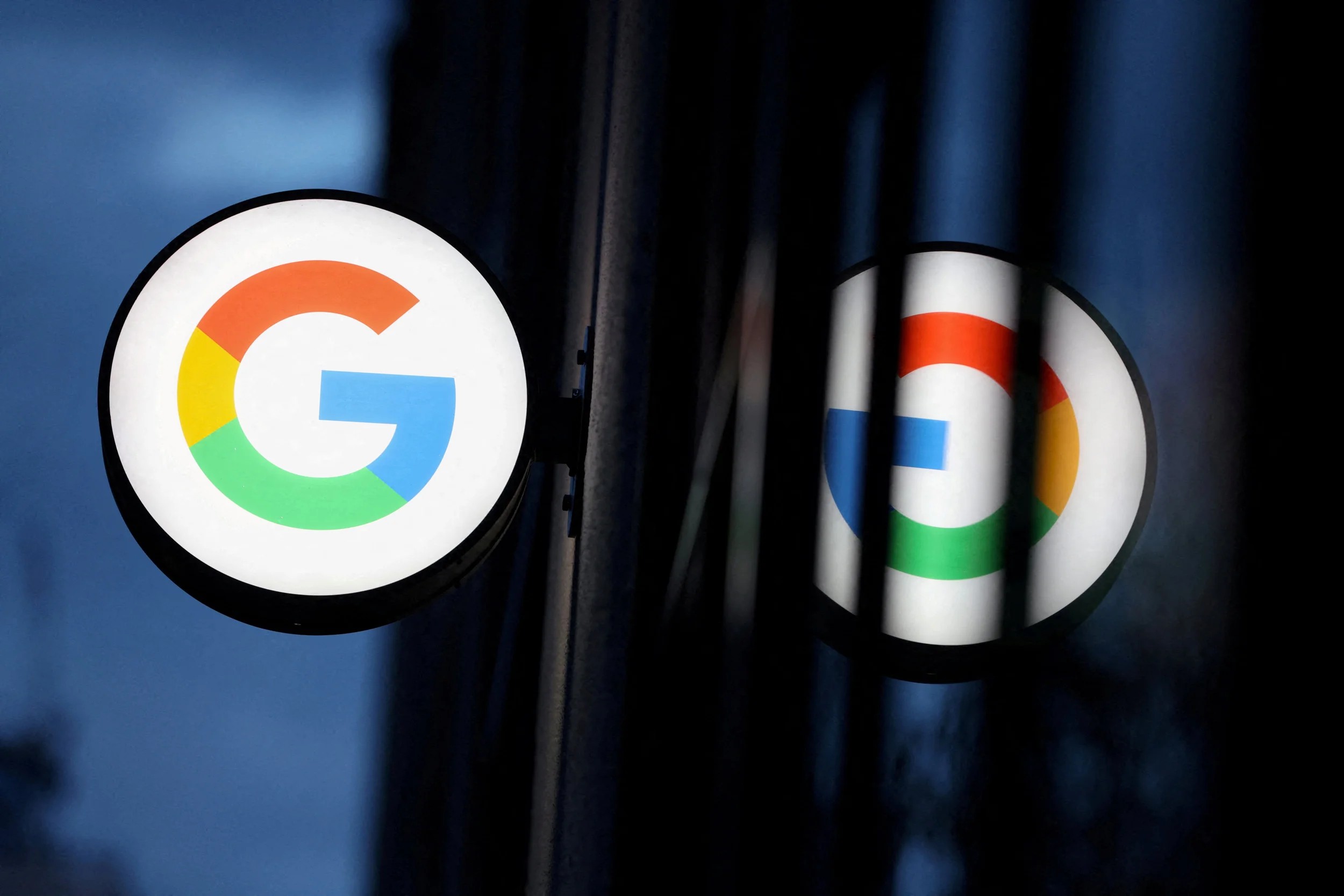
A federal appeals court has revived a class action lawsuit against Google, accusing the tech giant of collecting user data through its Chrome browser without proper consent. The decision overturns a previous ruling that had dismissed the case in December 2022.
The lawsuit, originally filed in 2020, alleges that Google gathered data from Chrome users even when they hadn't enabled the Chrome sync feature. This includes browsing history, IP addresses, and unique browser identifiers. The plaintiffs argue that this data collection occurred "intentionally and unlawfully" without explicit permission from users.
Google has maintained that users consented to data collection by accepting the company's privacy policy. However, the appeals court, led by Judge Milan D. Smith Jr., determined that the lower court should have examined whether users truly understood what they were agreeing to when accepting Google's terms.
Judge Smith noted, "Google had a general privacy disclosure yet promoted Chrome by suggesting that certain information would not be sent to Google unless a user turned on sync." This discrepancy between Google's marketing and its actual practices is at the heart of the lawsuit.
The case will now return to the lower courts for reconsideration. This development could have far-reaching implications for how tech companies disclose their data collection practices and the level of transparency required to ensure user consent.
Google spokesperson José Castañeda expressed disagreement with the ruling, stating, "We are confident the facts of the case are on our side. Chrome Sync helps people use Chrome seamlessly across their different devices and has clear privacy controls."
As the case progresses, it may push tech companies to be more transparent about their data handling practices and what users are actually agreeing to when they accept terms of service. The outcome could potentially reshape the landscape of user privacy in the digital age.